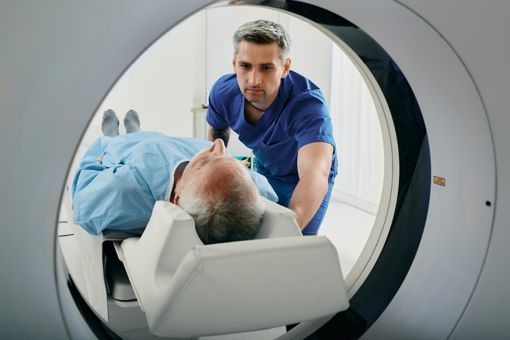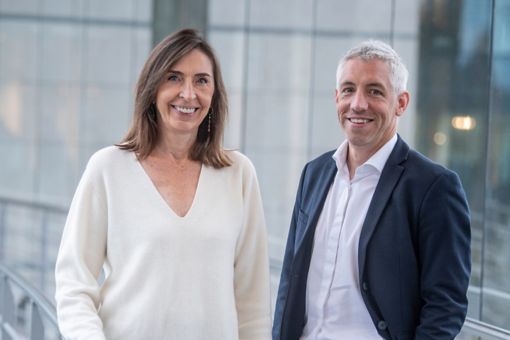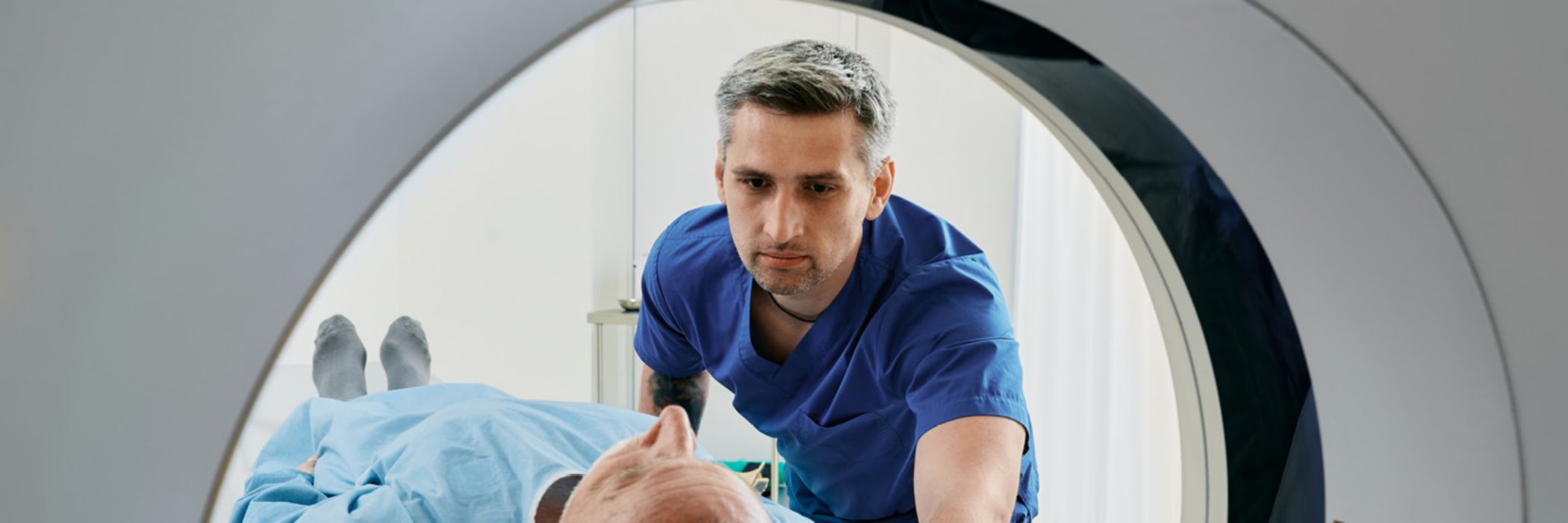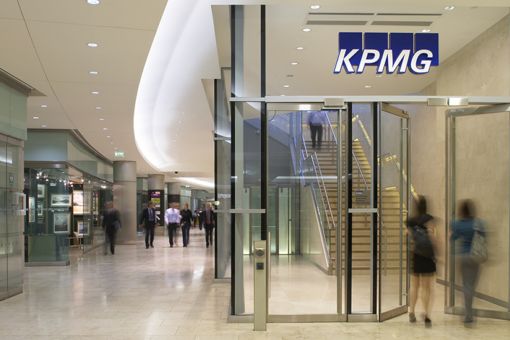Life Sciences companies are facing significant disruption, forcing them to transform on a continuous basis. The need to be – and stay – agile is critical. This is a balancing act in a highly regulated and compliance-driven environment.
While a wide range of highly technological and scientific breakthroughs showcase the innovative nature of the industry and its ability to take new approaches, demonstrating value remains critical. This can be challenging in an era where healthcare resources are constrained.
In an ever changing ecosystem, companies have to be innovative across the value chain and rethink business and operating models, as well as partnerships. Reevaluation will enable them to grow, optimize and stay at the forefront of meeting the needs of the patient and its ecosystem.
Our Belgian Life Sciences specialists bring in-depth industry expertise with experience in biopharma, including vaccines, biotech, medical devices, diagnostics, consumer health and life sciences service companies across multiple disease areas, including infectious, oncological and immunological diseases.
Together with our global network of 4,000 Life Sciences professionals we provide advice and solutions across multiple areas, including growth strategies, optimization of operations in different areas of the value chain (such as commercial and supply chain), (digital) transformation, sustainable risk and compliance (including cybersecurity), tax and more.
Our Life Sciences Insights page features:
CEO and Leadership Reading | Sustainability in Life Sciences | Research and development (R&D) tax incentives | Biotechnology
Our latest insights

CEO and Leadership Reading

Sustainability in Life Sciences

Research and development (R&D) tax incentives

Biotechnology
Biotech companies are crucial players in the Life Sciences industry. They are often key in bringing innovation to the larger (bio)pharma companies. The most recent examples are the partnerships between biotech and large biopharma and vaccine players, enabling the development of the mRNA vaccine against COVID-19 in record speed.
While the innovation mostly starts in its R&D approach, to be successful, it is important for biotech companies to display agility and innovation across the chain. It is equally important not to overlook compliance.
The Belgian biotech scene is vibrant, dynamic and plays a major role in the European biotech sector.
Our Belgian team together with our global network can bring insights and support across the whole value chain and throughout the different stages biotech companies go through: start-up, early, expansion and growth or exit stage.
















